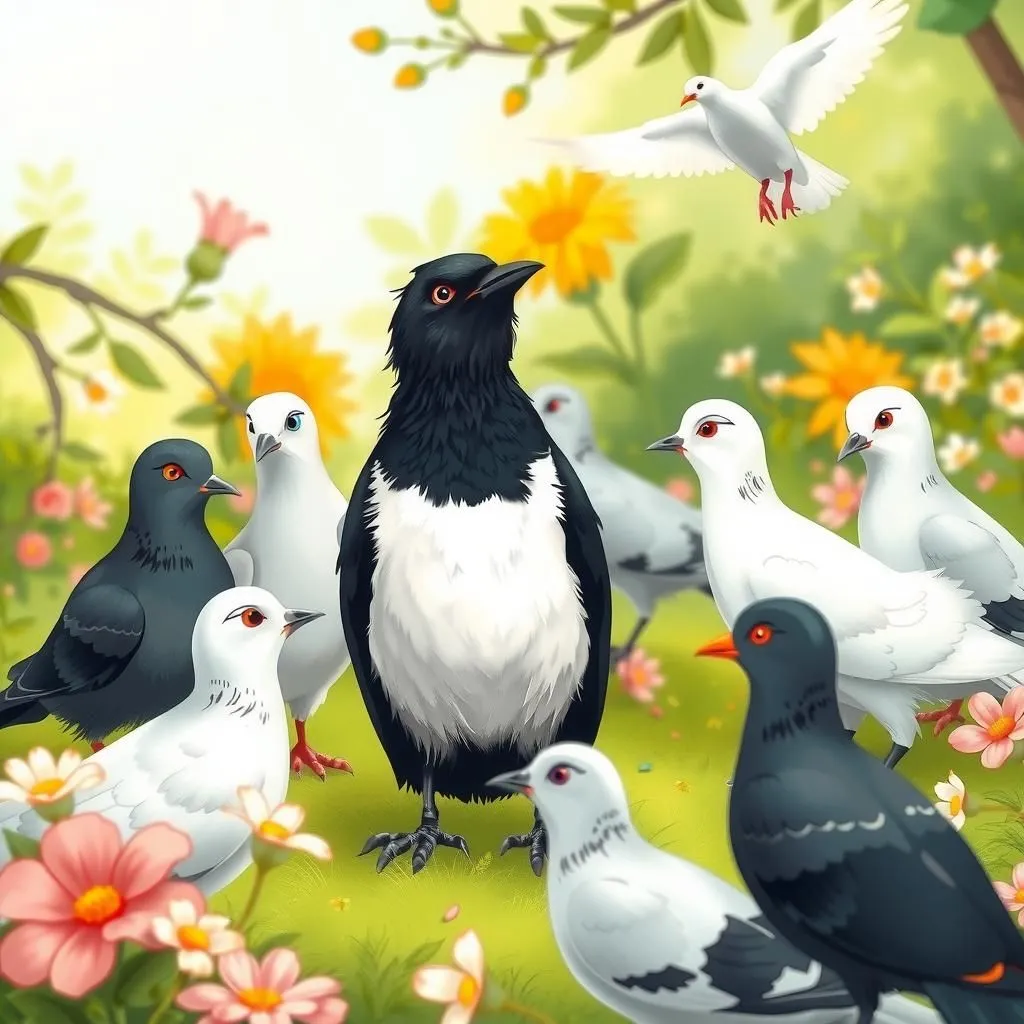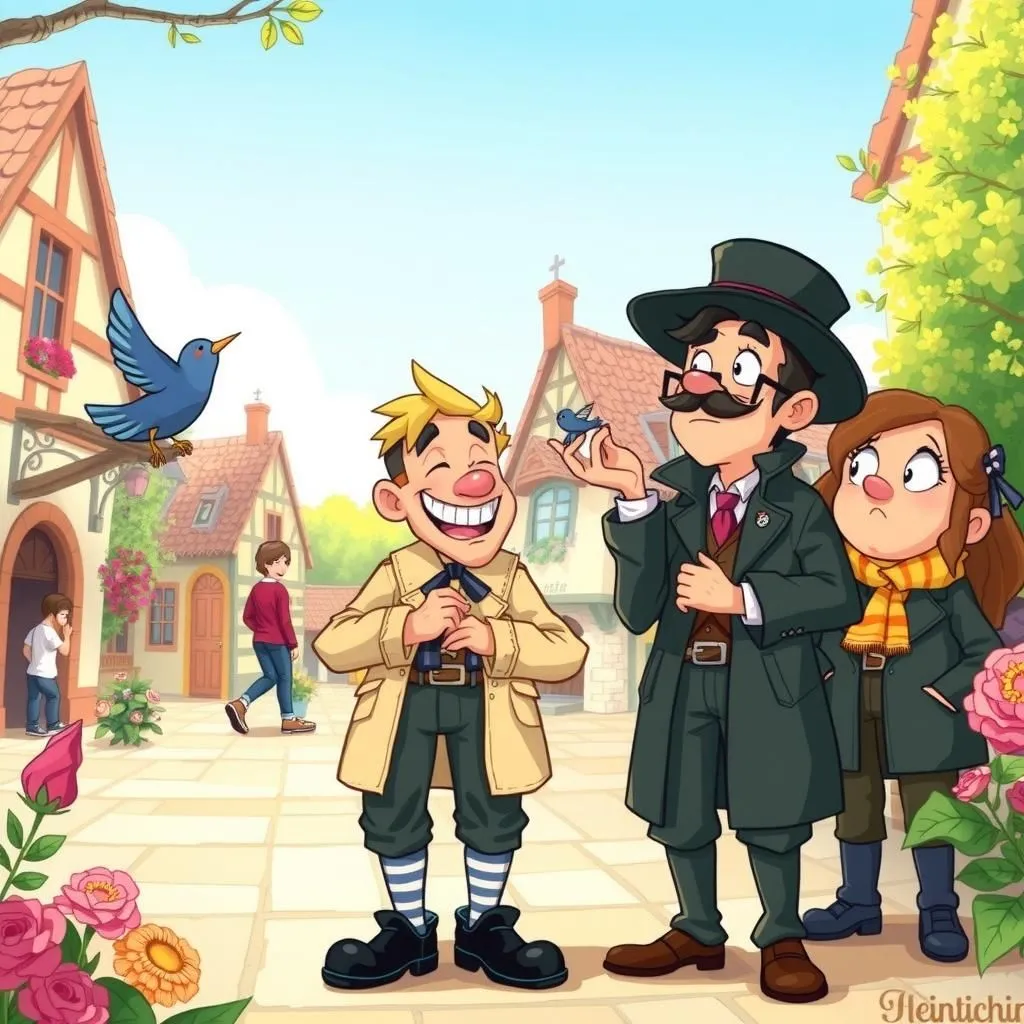
The Crow and the Serpent
In "The Crow and the Serpent," a timeless moral story, a hungry crow mistakenly believes he has found a fortunate meal in a sleeping serpent. However, the serpent's fatal bite leads to the crow's demise, teaching a valuable lesson about the dangers of greed and misjudgment. This meaningful tale serves as a reminder that what appears to be a lucky opportunity can sometimes be a source of destruction in real-life stories with moral significance.


